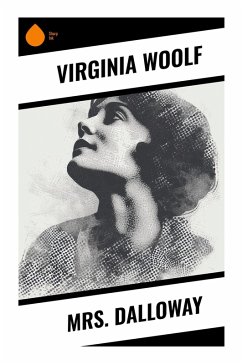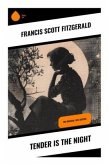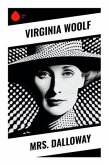In Virginia Woolf's seminal novel, _Mrs. Dalloway_, the narrative unfolds over the course of a single day in post-World War I London, blending stream-of-consciousness techniques with intricate character studies. Woolf expertly navigates the interior lives of Clarissa Dalloway and Septimus Warren Smith, reflecting themes of time, memory, and the profound impact of war on the human psyche. The narrative's rich tapestry interweaves societal expectations with deeply personal contemplations, showcasing Woolf's masterful use of imagery and rhythm to evoke the emotional landscape of her characters. Virginia Woolf, a central figure in modernist literature and a pioneering voice for women's rights, drew upon her own experiences and her intimate understanding of psychological complexity to craft this work. Her innovative techniques were influenced by her engagement with the Bloomsbury Group, her challenges with mental health, and her commitment to exploring the human condition. _Mrs. Dalloway_ serves as a profound commentary on the fragility of existence and the social constraints of its time. This book is highly recommended for readers interested in modernist literature, psychological depth, and the exploration of social dynamics. Woolf's nuanced characterizations and stylistic innovations invite readers into a reflective journey, making _Mrs. Dalloway_ an essential read for those seeking a profound understanding of consciousness and contemporary social issues.
Bitte wählen Sie Ihr Anliegen aus.
Rechnungen
Retourenschein anfordern
Bestellstatus
Storno








